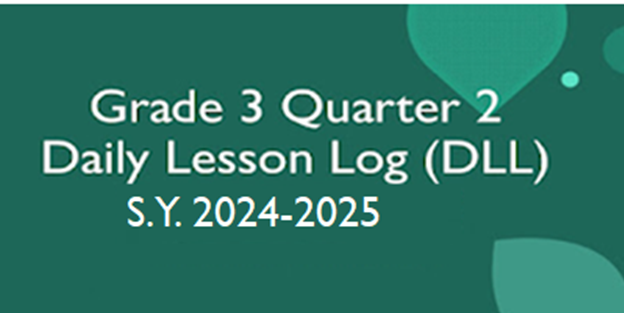Remedial teaching for literacy and numeracy is a specialized educational approach designed to help students who are struggling with basic reading, writing, and math skills. It is typically provided to students who are falling behind their peers in these fundamental areas, and it aims to address their specific learning needs and challenges. Here's a breakdown of remedial teaching for literacy and numeracy:
Assessment: The first step in remedial teaching is to assess the student's current level of proficiency in literacy (reading and writing) and numeracy (mathematics). This assessment helps identify specific areas of weakness and the root causes of the difficulties.
Individualized Instruction: Remedial teaching is highly individualized, with a focus on tailoring instruction to meet the student's unique needs. Teachers or specialists work closely with the student to develop a personalized learning plan.
Targeted Interventions: Once weaknesses are identified, targeted interventions are designed to address them. This can involve breaking down complex skills into smaller, more manageable components and providing focused instruction in these areas.
Multisensory Approaches: Remedial teaching often incorporates multisensory teaching methods, which engage multiple senses (e.g., visual, auditory, kinesthetic) to reinforce learning. This can be particularly effective for students with learning difficulties.
Specialized Materials: Teachers may use specialized materials, resources, and tools to support remedial instruction, such as books, games, and computer programs designed to enhance literacy and numeracy skills.
Small Group or One-on-One Instruction: Remedial teaching is often delivered in small groups or through one-on-one sessions to provide personalized attention and support. This allows the teacher to adapt instruction in real-time based on the student's progress and challenges.
Progress Monitoring: Regular assessment and progress monitoring are crucial components of remedial teaching. Teachers track the student's progress, adjust the instruction as needed, and celebrate successes along the way.
Building Confidence: Remedial teaching not only focuses on academic skills but also on building the student's self-esteem and confidence. Success in these fundamental areas can have a positive impact on a student's overall academic and emotional well-being.
Parental Involvement: Parents or guardians often play an essential role in the remedial process. They may receive guidance on how to support their child's learning at home and collaborate closely with the school and teachers.
Continuation and Transition: In some cases, students may require ongoing support or accommodations to maintain their progress. Schools and educators should work on strategies for transitioning students back into mainstream classrooms as they improve their literacy and numeracy skills.
Remedial teaching for literacy and numeracy aims to provide struggling students with the necessary tools, strategies, and support to catch up to their peers and succeed academically. It can make a significant difference in the lives of students who face challenges in these essential areas.
WORK PLAN FOR REMEDIAL CLASS
QUARTER
2
Date:_November 7, 2023
Number of Pupils: 31
Focus:
LITERACY / NUMERACY / WRITING
|
Learning Activities |
Assessment |
Remarks/Progress |
|
Math Pagpapakita ng Basic na Pagpaparami
para sa Bilang na 1 Hanggang 10
|
Ibigay ang sagot sa sumusunod na
pamilang na pangungusap (multiplication sentence). Gawin ito sa iyong
sagutang papel.
1. 9 x 6 = ______ 6. 8 x 8 =
________ 2. 6 x 8 = ______ 7. 9 x 5 =
________ 3. 6 x 7 = _____ 8. 10 x 6 = _______ 4. 5 x 7 = ______ 9. 8 x 8 =
________ 5. 7 x 9 = _______ 10. 9x 9 =
______
|
5- 4- 3- 2- 1- 0- ________
|












